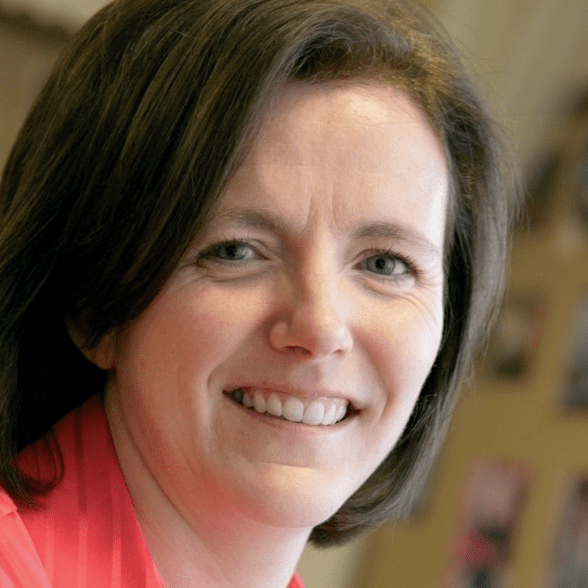30 Hours Free Childcare – 15% of Sessional Settings Doubt They’ll Survive the Year

The About Early Years autumn term survey found 29% are still operating on a sessional, term-time basis

The 30-hours offer has brought many challenges for providers, including, in some cases, big decisions on whether to operate year-round and across the working day. Based on feedback from 555 PVI nurseries and preschools, the About Early Years autumn term survey found 29% are still operating on a sessional, term-time basis.
Most sessional providers outside the school system are voluntary sector preschools (72%). Whilst many operate before 9am in the morning (42%), very few deliver care beyond 4pm (9%). Here, we focus on the 30-hours places these settings are offering and the challenges they are encountering.
How many places?
A third of sessional providers (32%) are offering places directly only; 42% are willing to offer directly and in partnership, and 12% with partners only – 14% are opting out of the offer entirely. Partners include childminders (30%), other nurseries/preschools (30%) and schools (9%).
In contrast, 51% of year-round daycare settings are offering direct places only, 45% direct and in partnership, and 2% with partners only; just 2% are opting out.
Survey estimates suggest a total capacity of 44,000 30-hour places in sessional settings, of which 75% are offered without additional fees for food, activities or private hours. The estimated capacity in year-round full daycare is 214,000 places, of which just one-third (33%) are offered completely free.
Physical constraints
Sessional providers often operate from community buildings such as church halls and community centres. Analysis of the Ofsted Early Years Register (August 2017) suggests at least 3,800 settings are based in these types of venue (16%). This is an indicative figure only, based on content analysis without further verification.
Sessional settings are significantly more likely to report physical challenges to 30-hours delivery: 20% have limited catering facilities, 34% share their premises and are unable to extend opening hours, and 30% say they lack space to increase capacity. A big challenge, of course, is trying to meet parents’ needs for year-round provision – a concern for 63% of sessional settings.
Staffing is also a vital factor in capacity; one in five sessional settings say staff/volunteers are resistant to changes in working hours (20%) compared to just 2% of full daycare settings. Far fewer, however, report difficulties in recruiting staff (18%) when compared with year-round provision (32%).
Confidence in the future
The funding environment is challenging across all types of provision: 67% of sessional settings say the rate for three- and four-year-old places is lower than their delivery costs, rising to 78% of year-round daycare providers.
Almost one in five sessional settings say occupancy has decreased as a result of the 30-hours policy (18%), whilst one in four (24%) say it has increased; this compares with full daycare provision, where the figures are 7% and 30% respectively.
One in every 10 nurseries and preschools lack confidence that they will be trading in 12 months’ time (10%); the figure is similar for childminders (9%). This rises to 15% in sessional provision, with comments from survey respondents including, “We do not have the capacity to offer additional services in our current building. We would need to offer more to remain sustainable,” and “If you can’t offer 30 hours in full, then parents are not interested in your provision.”
From its origins as a parent-led movement in the 1960s, the voluntary preschool sector has lived through many changes in childcare policy. The 30-hours offer, with its emphasis on supporting parents’ economic activity, is another step change; early signs suggest it may be a step too far for some providers.
Key figures
30 hours challenges facing sessional (and full daycare) settings…
- 67% Funding rates don’t cover costs (78%)
- 34% Shared premises limit opening hours (1%)
- 30% Lack space to increase capacity (15%)
- 20% Staff reluctant to change hours (2%)
- 18% Struggling to recruit staff (32%)
Dr Jo Verrill is managing director at Ceeda. Access a free bulletin on the About Early Years autumn survey results at here. To find out more and register on the research panel, visit aboutearlyyears.co.uk.











